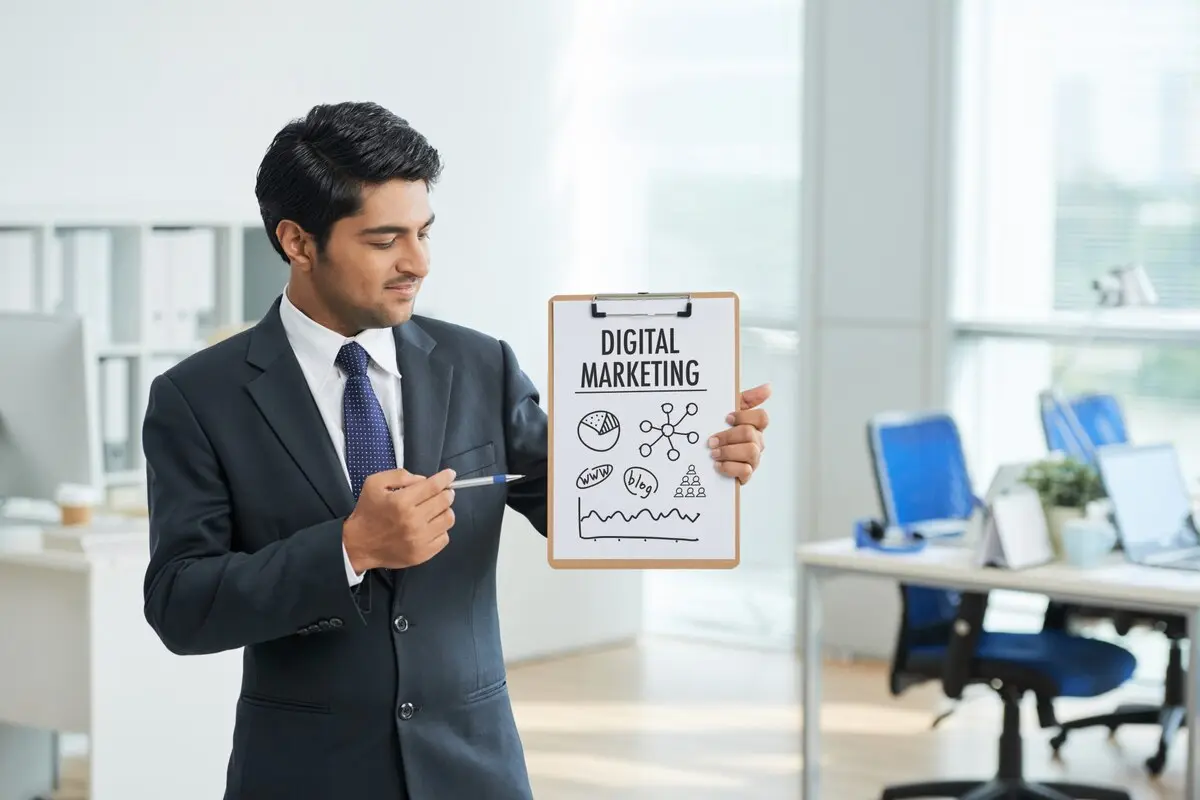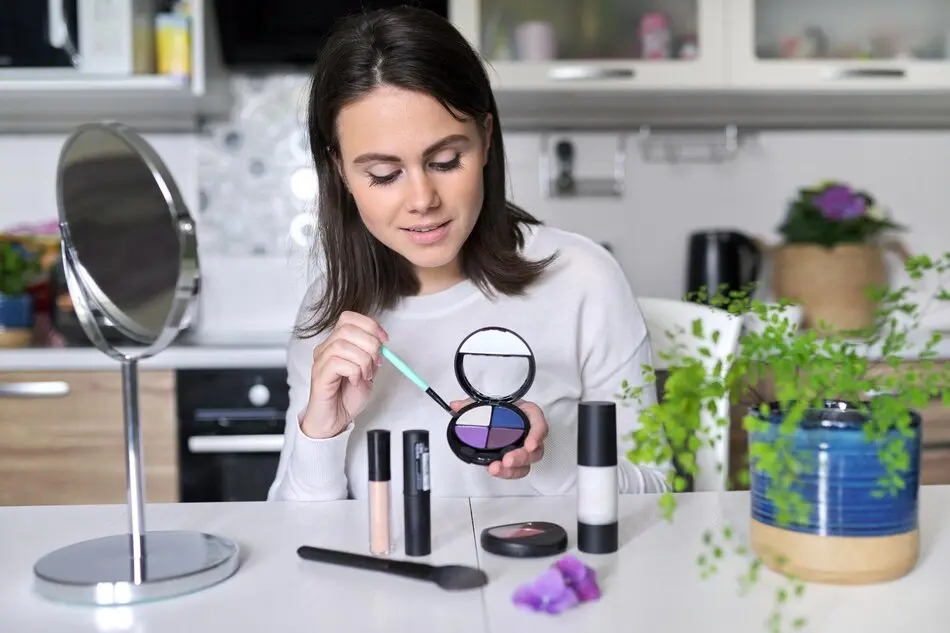Businesses continuously seek new methods to remain ahead in the fast-changing digital world and capitalize on the e-commerce sector. The exponential surge in smartphone use and mobile internet adoption has made mobile marketing a potent tool for reaching and engaging customers. Three mobile marketing tactics to capture the expanding e-commerce sector are covered in this article.
Harnessing The Power Of Social Media Platforms
Businesses may now personally engage with their target audience thanks to social media, which is everywhere. Social media like Facebook, Instagram, and Twitter may boost e-commerce sales. An excellent method is to generate visually beautiful and engaging material for your target group.
Visuals, product pictures, instructive films, or user-generated content are essential to attracting mobile consumers skimming through their feeds. Social media advertising lets you target adverts by demographics, interests, and online activity. These platforms’ data analytics and insights may help you target the appropriate audience immediately, boosting campaign performance.
Optimizing For Mobile Search
With most internet searches being done on mobile devices, optimizing your e-commerce website for mobile search is crucial to digital success. Mobile optimization means making your website responsive, fast, and cross-device compatible. Mobile-specific SEO best practices boost your website’s SERP visibility and organic traffic to your e-commerce business.
This covers mobile keyword optimization, page load speed, and site performance. Location-based targeting may transform e-commerce enterprises’ local consumer acquisition. Improving your website and content for local search queries might attract nearby mobile shoppers, boosting foot traffic to your shops or online purchases.
Embracing Omnichannel Marketing Strategies
Consumers want a smooth, integrated purchasing experience across touchpoints in omnichannel retail. Omnichannel marketing helps e-commerce companies achieve these expectations and create a consistent brand experience online and offline.
Integrating mobile marketing with email, SMS, and in-store promotions works well. Synchronizing messages and offers across touchpoints creates a coherent brand experience that engages customers and increases purchases.
Using mobile applications and push alerts may boost consumer engagement and retention. Personal suggestions, special deals, and loyalty benefits encourage repeat purchases and consumer loyalty, helping e-commerce companies succeed in the long run.
Learn More : Leveraging Influencer Partnerships In Fashion Digital Marketing
Embracing Influencer Marketing Collaborations
Influencer marketing is a powerful digital advertising tool, especially on mobile. Working with target audience influencers may enormously increase your e-commerce brand’s reach and reputation.
Today’s social media-driven customers seek influencer suggestions and endorsements before buying. Associating with influencers who share your brand values and target audience may help you genuinely market your goods and services.
Influencer partnerships need accurate, compelling content that connects with the influencer’s audience. Fostering genuine relationships with influencers via sponsored postings, product evaluations, or behind-the-scenes glances may boost brand awareness and e-commerce traffic.
Interactive elements like swipe-up links on Instagram Stories and live product demos on TikTok make mobile influencer marketing distinctive. Our immersive experiences let influencers present your items captivating and engagingly, generating mobile clicks and transactions.
Implementing Ai-powered Personalization
AI-powered customization has revolutionized mobile e-commerce marketing in the big data and machine learning age. AI systems can analyze massive quantities of data to understand user behavior, preferences, and purchase history to provide tailored suggestions and content. AI-powered customization lets you design hyper-targeted campaigns that resonate with specific users in mobile marketing.
AI enables you to provide mobile customers relevant messages at every step of the buyer’s journey, including tailored product suggestions, dynamic content based on browsing behavior, and bespoke email offers. Mobile customers get quick, tailored help from AI-driven chatbots and virtual assistants, improving the purchasing experience.
AI-powered solutions can answer user queries, propose products in real time, and handle transactions via NLP and machine learning algorithms using messaging applications. Using AI-powered customization, E-commerce organizations may boost mobile conversion rates, customer happiness, and revenue.
Leveraging Augmented Reality (ar) Experiences
Augmented Reality (AR) has transformed customer interactions with businesses and goods, especially in e-commerce. Augmented reality lets mobile users perceive things in their surroundings before buying, bridging the gap between online and offline purchasing.
AR experiences provide immersive and interactive product demos that capture customers in mobile marketing. AR helps mobile consumers make better buying choices by letting them experiment with virtual clothes, preview furniture in a living room, and visualize home design changes.
AR-powered smartphone applications increase engagement and dwell time with virtual try-ons, interactive product catalogs, and gamified buying. Add AR technology to your e-commerce app or mobile website to distinguish your brand, improve user experience, and boost sales and income in the competitive e-commerce market.
Learn More : Navigating HR Challenges In The Digital Marketing Landscape
Embracing User-generated Content Campaigns
E-commerce firms may interact with their audience and build authentic relationships via user-generated content (UGC). Use your community’s creativity to create awareness, trust, and loyalty by encouraging consumers to produce and share brand-related content.
E-commerce enterprises may demonstrate their items in real-life circumstances and build a consumer community using mobile UGC campaigns. Mobile consumers may see how others use and enjoy your goods via branded hashtags on Instagram, user reviews on mobile applications, and customer testimonials on social media.
E-commerce firms may leverage social sharing and virality with UGC marketing which can naturally reach more people. You may boost brand awareness and mobile engagement by encouraging consumers to produce and share content via competitions, freebies, or rewards programs.
Capitalizing On Micro-moments
People increasingly use their phones to meet their urgent requirements in today fast-paced digital environment. These brief moments of intent allow e-commerce firms to engage mobile customers and generate real-time conversions.
You must understand your target audiences behavior and preferences across touchpoints to capitalize on micro-moments. Key micro-moments in the customer journey, like I want to know, I like to travel, I like to purchase, and I like to do, may be used to customize mobile marketing to users desires.
Improving your website and content for local search queries might attract mobile consumers looking for nearby items or services. E-commerce enterprises may profit from micro-moments when visitors are ready to buy or ask about a product using Google Ads click-to-call or click-to-message extensions.
Conclusion
Mobile marketing offers organizations endless chances in the changing ecosystem. By using social media optimizing for mobile search embracing omnichannel approaches working with influencers implementing AIdriven personalization utilizing AR experiences capitalizing on micro-moments and integrating gaming brands can connect with mobile consumers drive engagement and grow in the competitive e-commerce market.





